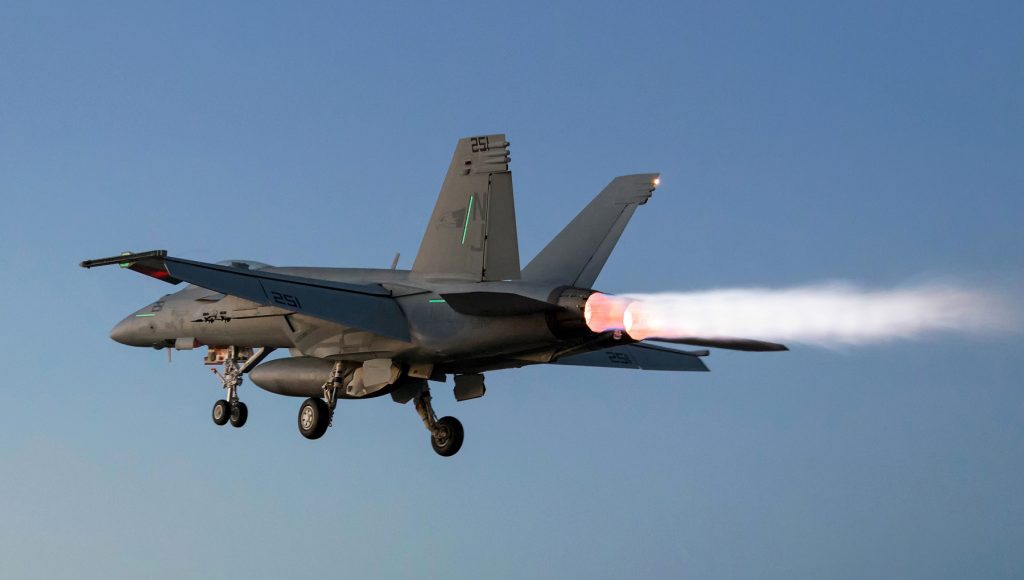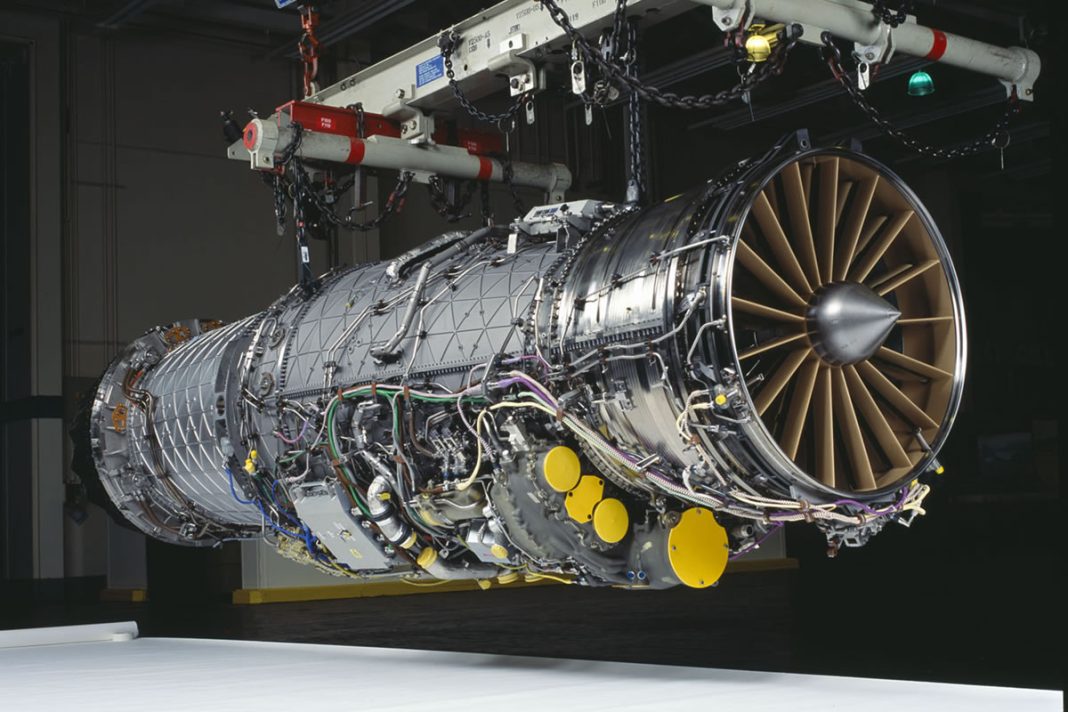In a significant push to advance India’s indigenous aircraft programs, a delegation from Hindustan Aeronautics Limited (HAL) is set to visit the United States in the coming weeks for negotiations on the much-anticipated GE-414 engine deal. The deal, critical to India’s defence aviation roadmap, is expected to be finalized by March 2025, according to defence officials.
Focus of the Visit
The HAL team will engage with the American engine manufacturer to discuss detailed aspects of the program, including technical specifications, supply schedules, and the scope of technology transfer. This marks a crucial step in ensuring timely execution and early signing of the project.
Key Aspects of the GE-414 Deal
- Engine Numbers: The current agreement under discussion involves 99 GE-414 engines, with a possibility of increasing the number if selected for India’s fifth-generation fighter aircraft program.
- Technology Transfer: GE Aerospace has committed to a high level of technology transfer, which would significantly enhance India’s domestic capabilities in jet engine manufacturing.
Challenges and Strategic Importance
India has faced challenges in its Light Combat Aircraft (LCA) programs due to delays in jet engine supplies.
- GE-404 Engine Delays: Supply chain issues have impacted the GE-404 engines for the LCA Mark 1A project, affecting its delivery timelines.
- GE-414 Engine Impact: Delays in finalizing the GE-414 engine deal could affect the prestigious LCA Mark 2 project, which is slated for large-scale induction as a 4.5 generation aircraft.
The LCA Mark 2 is positioned to replace aging aircraft such as the Mirage-2000, Jaguar, and MiG-29 fleets in the Indian Air Force (IAF).

Global Context and India’s Aspirations
Globally, only a few nations—including the US, France, UK, and Russia—possess the capability to manufacture jet engines. Fighter jets worldwide are predominantly powered by American, Russian, or European engines. India has now initiated efforts to develop its own jet engine, exploring partnerships with global manufacturers to bolster its domestic aerospace ecosystem.
Strategic Implications
This deal is not just a step towards bolstering the LCA Mark 2 program but also a significant leap for India in reducing dependency on foreign suppliers. It represents a cornerstone in India’s journey towards achieving self-reliance in defence manufacturing, aligning with the ‘Atmanirbhar Bharat’ initiative.
The upcoming negotiations and the eventual deal will play a pivotal role in shaping the future of India’s aerospace and defence capabilities.






